Big SCOTUS win for disabled students!

Yesterday, June 12, 2025, the U.S. Supreme Court ruled unanimously in A.J.T. v. Osseo Area Schools—a major victory for students with disabilities.
The Court clarified that schools 𝙘𝙖𝙣𝙣𝙤𝙩 make it harder for disabled kids to seek justice.
- Previously, families in some states had to prove “bad faith or gross misjudgment” by schools—a nearly impossible standard.
Now, they only need to show “deliberate indifference”, the same as any other disability case.
This change levels the legal playing field.
- It ensures students with disabilities can get proper accommodations without jumping through extra hoops.
Chief Justice Roberts emphasized that dealing with daily challenges shouldn’t come with more legal barriers.
Schools across the country will now need to be extra attentive—or face more accountability.
For parents fighting for fair access to education, this is a BIG deal.
https://www.reuters.com/.../us-supreme-court-bolsters.../
—Julie
When you lose control
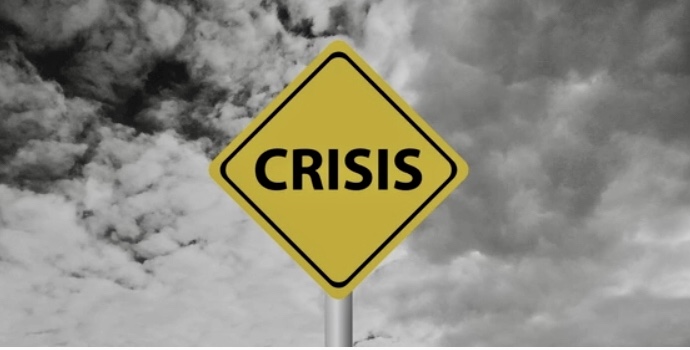
One of the most painful aspects of a catastrophic medical diagnosis is loss of control.
With so many unknowns and so much new, disruptive stuff to deal with and fit your life around, any sense of control may feel completely out of reach.
This is where my friend Yomi’s seemingly rote mantra comes into play:
- “When the going gets tough the tough get going.”
He said that to me when I was struggling with statistics in graduate school.
For it’s under duress that we find strength we didn’t know we had.
When we have the chance to find our full power and take it back.
You don’t become superhuman, you become fully human.
You’re able to find peace in the eye of the storm.
And as we struggle, using our power in the moment, we’re also healing past wounds.
Because healing only happens after the fact.
What I’ve found from clients and podcast guests is this:
- It was only when great tragedy struck that they summoned up their best.
In dealing with the present they also changed thin...
Peace Place—Preventing child abuse, one respite episode at a time
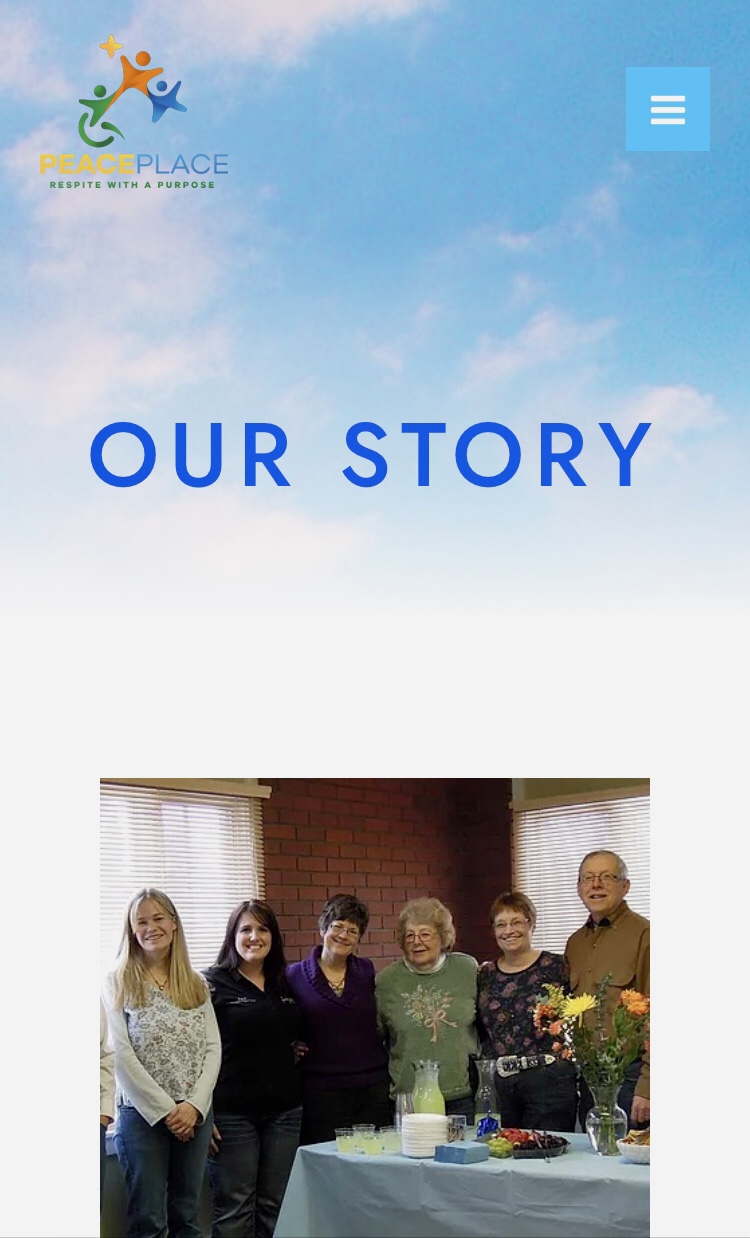
3,232 total individual episodes of respite provided in 2023—
I’ve written a lot about the need for support that families with kids with special needs have.
And a little directly talking about the high risk for abuse these kids are under.
If you’re the generous type (and I believe you are, otherwise you wouldn’t be reading this post) and you have some financial wiggle room, I’m asking you to look into PEACE PLACE and consider giving a donation.
They just had their annual fundraiser.
- They provide FREE RESPITE services for parents and caregivers of children with medical or neurodiverse needs.
They say they’re just “scratching the surface of the number of families in [their] region who have children with special needs.”
They add:
“We know how prevalent child abuse and neglect are in our region, and we also know that families who have a child with some sort of diagnosis (medical or developmental) are even more likely to suffer from these crimes.
- Peace Place is on the forefr ...
When listening and saying nothing is perfect support

“Sometimes we just need to sit with people in the mud, and make sure they feel seen, heard and supported.”
—Allan Kehler
Got this quote from a LinkedIn post.
For allies of special needs families, know that many of their problems are insurmountable.
There are no fixes.
Fixes that could exist (such as in service systems) will take longer than they should, if they ever happen at all.
A parent today was asking a special needs attorney if there’s a way to do an emergency appeal, since the appeals system for her child’s educational needs is so bogged down…
A child’s physical, cognitive, and emotional statuses may or may not change.
Things might even get worse.
I just talked with a mom who’d adjusted well to her child’s initial condition, only to have a brand new condition arise.
This put Mom back at square one in the puzzle of what their lives will become.
- It’s hard to feel helpless while your friend or family member is suffering.
But trying to change the subject or turn realit...
The Answer Dispenser

“In the silence of your mind, your heart will deliver the answers you seek.”
—Julie Browne
This is the last sentence of my book Masters of Change.
A book for people navigating waters they’re not prepared for.
Making decisions about things they never intended to deal with.
Needing answers to things they never imagined.
Because a catastrophic event changed their lives forever.
People who’ve lost their rudder to who they are and where they’re going.
And don’t have the option to stay where they are.
Whose only choice is to keep moving forward, even when not knowing which direction is forward.
—.—
If you were in that boat, what would this sentence mean to you, or what does it instruct you to do?
—Julie
When the rule of law no longer provides safety
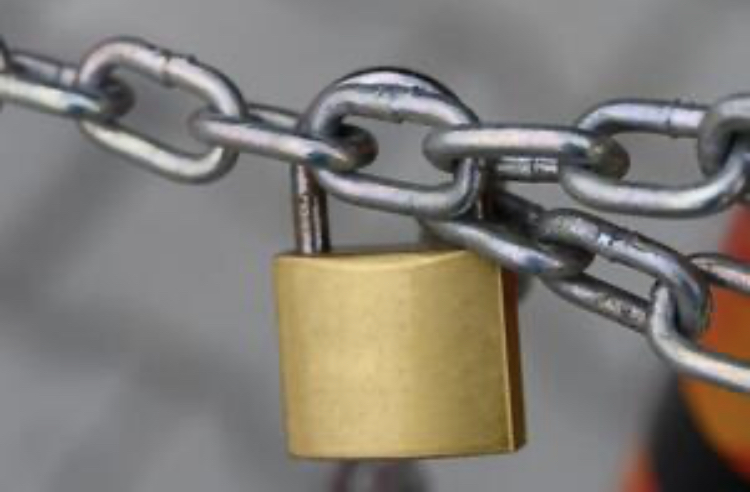
The intersection of grief and identity loss is my topic. It’s brought on by forced change.
That’s what my book MASTERS OF CHANGE is about—reinventing yourself after the rug’s pulled out from under you.
Ever since young adulthood I’m fascinated hearing stories from individuals overcoming adversity.
Truth be told, I was seeking guidance on doing it better myself.
I also wanted to understand how people with much fewer resources than I overcame situations much more dire.
This was late 70s - early 90s.
I’m not a historian AT ALL but these are a few basic truths. This was when:
— Central America was in turmoil with “civil” war.
— A genocide against indigenous communities of Guatemala was taking place, one village at a time.
— The School of the Americas (in the United States) was training Salvadoreans on torture techniques.
— The US government was supporting:
— paramilitaries conducting extrajudicial killings in Colombia and other countries,
— puppet and authoritarian regimes th...
Are you this kind of leader?

Yesterday I read the saddest Facebook post ever.
A foster mom was ready to throw in the towel.
But she couldn’t.
Because she “knew too much” she HAD to keep helping kids, broken as she was.
Although The System broke her, she wasn’t going to let that keep her from helping kids.
My post yesterday was about this same problem:
—human service systems that don’t work as intended—
for clients, workers, or society.
- Systems that turn many workers into unempathic people just clocking in because of paychecks and benefits.
The most tragic part of the post?
A comment thread a MILE LONG with other foster parents in the same place.
Telling the EXACT same story.
I never worked for child protective services because it was such a broken system.
I got a masters degree in social welfare with an emphasis on planning to change inadequate and inefficient systems so agencies would actually fulfill their mission statements.
But then I became “just” a social worker.
I was reprimanded for “com...
How much value does emotional support add to service delivery?
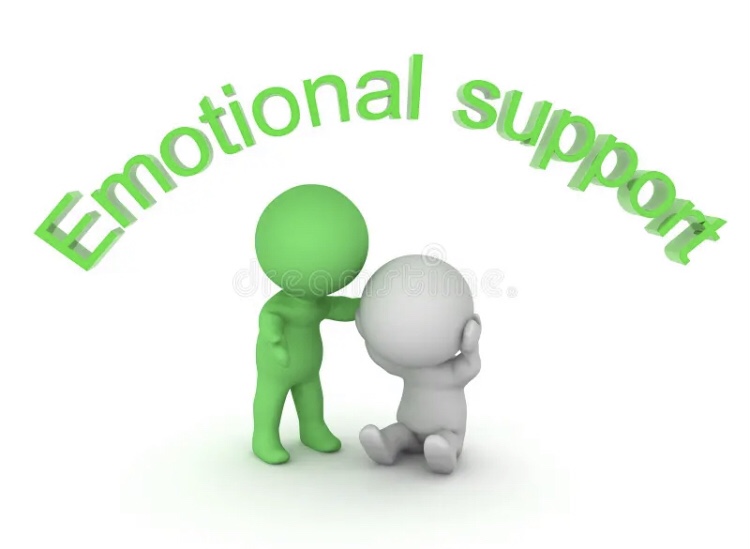
And what does an empathy project for Ukrainian families have to do with special needs families?
A pilot project in Ukraine focused on shared pain, strength, and healing for individuals.
Then they trained municipal workers in:
— emotional regulation,
— conflict de-escalation, and
— trauma-informed communication.
The goal was for frontline staff to work better with people in crisis.
The result?
They expanded community-based trauma support to institutions, shifting culture not just one family at a time but one institution at a time.
How?
They brough humanity back into an institutional model by integrating empathy into daily interactions.
This topic is of great concern because when parents receive a catastrophic medical diagnosis for their child it’s a traumatic event.
It’s akin to entering a war zone.
- The loss of their child’s potential as they envisioned, on top of a demanding new lifestyle attending to special needs, is a form of psychological death and physical unfreedom ...
Strength from Struggle?
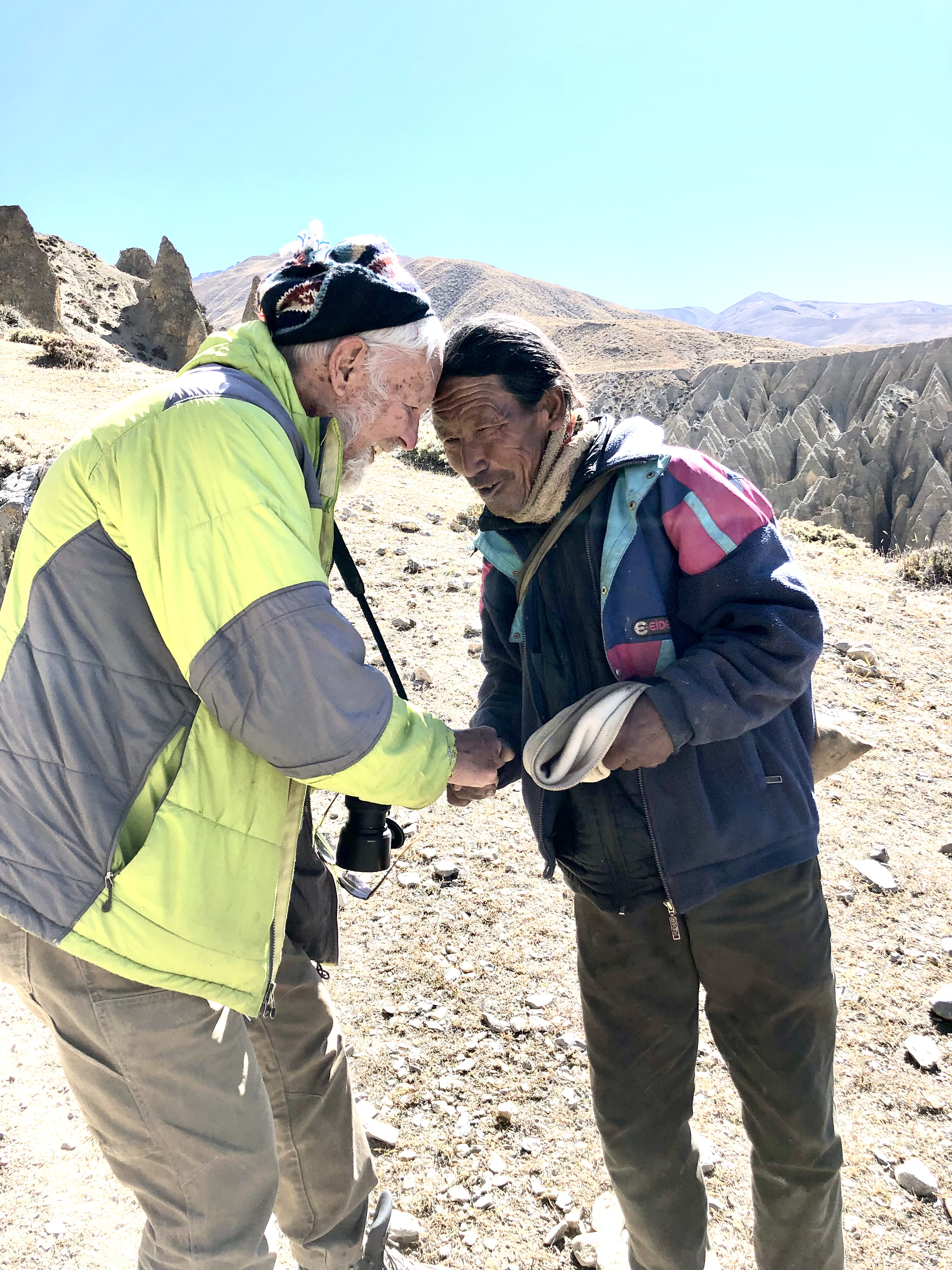
Dad reads all these posts.
He’s 97 (91 in the picture).
He does email and Zoom.
He’s on Facebook.
Went zip lining through a Panamanian rain forest last year.
He just got a motorized bike and was putting it together when I called yesterday. lol
Yesterday’s piece was about how our kids give us strength.
Dad wrote back saying he didn’t remember the part about my almost dying brother putting the surgeons in their place, and that “We really did struggle.”
Mom used to tell me whole swaths of her memory were missing.
…Supreme intelligence of the human species…
Trauma protection.
Activated survival instinct.
She thought it was a deficit.
Something was wrong with her.
She and Dad planned four funerals for my brother before he was ten, according to a family friend.
The way I understood the situation, as a little sister, was that his bones were going to disintegrate and he would die by the time he was seven.
My brother survived.
It was a roller coaster life of hope to acceptance t...
How do kids inspire you?

The world may look with pity at families with a child with visible disabilities.
And parents often get untold strength from this very child.
They do things they never thought they could because they must.
Much of the strength to carry on comes from the child’s own role modeling.
I’m not sure if this was the case with my parents when my brother was always dying, but there’s no way his never giving up didn’t give them strength each day.
He certainly put the doctors in their place one time.
He was anesthetized, awaiting surgery, and overheard the doctors saying—
“Yea, he DEFINITELY won’t make it through this one.”
My brother opened his eyes and told them something to the tune of —
“Like hell I won’t!”
Kids in general are often the inspiration keeping parents going, disabled or not.
What’s something your kid’s inspired you to do ?
Julie Browne, LCSW
NEW NORMAL COACHING
www.courage-ignite.com

